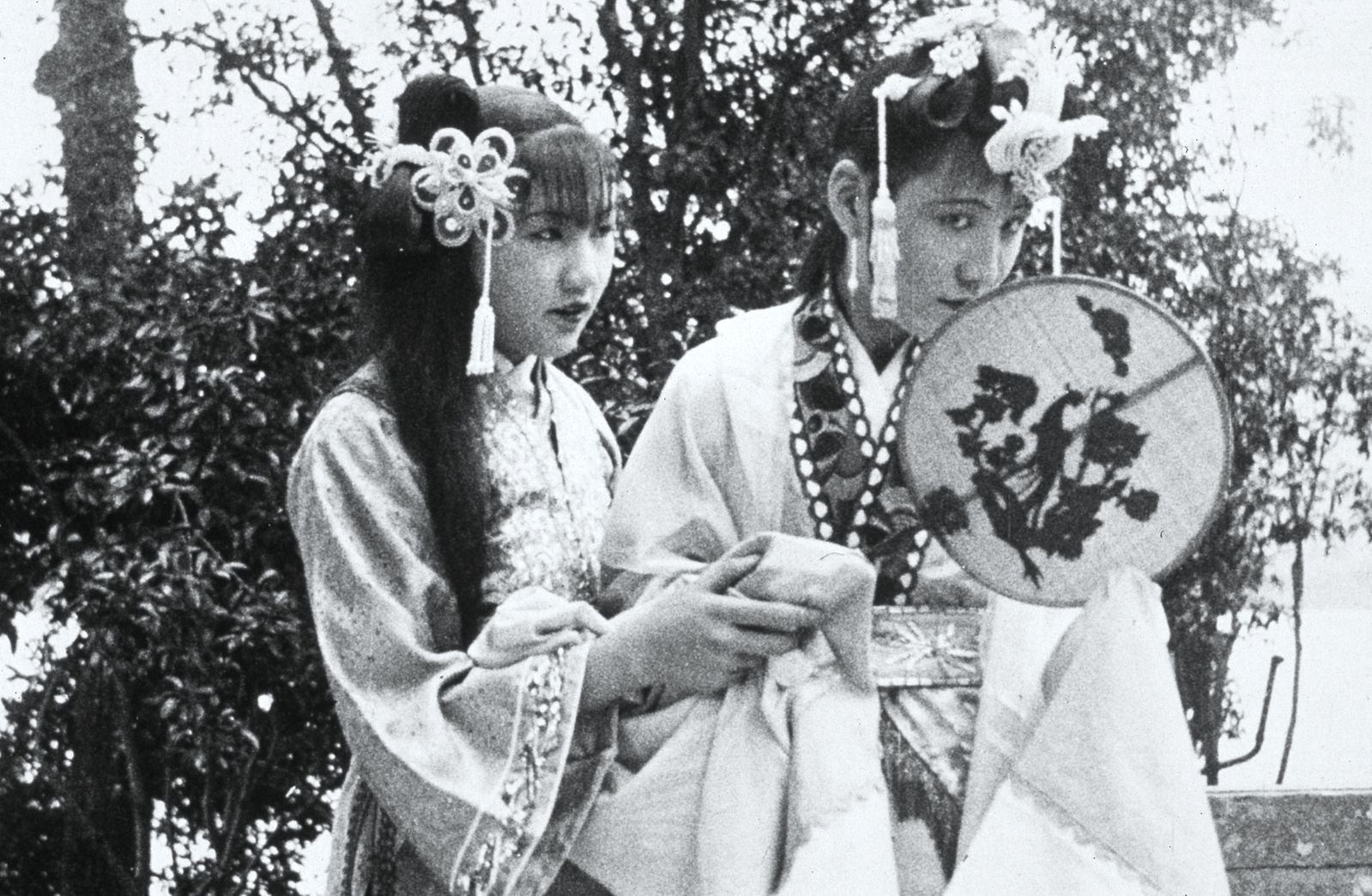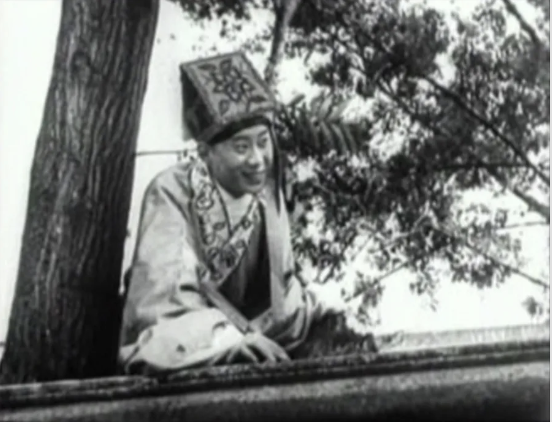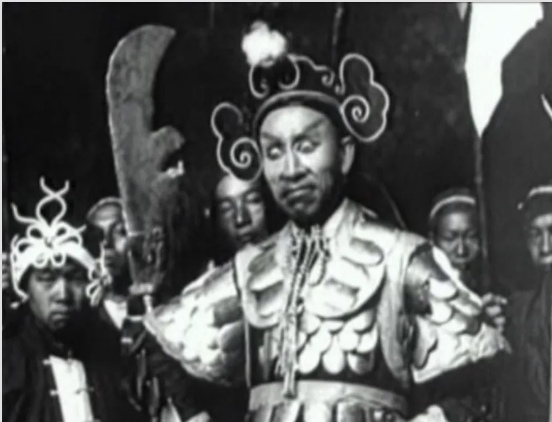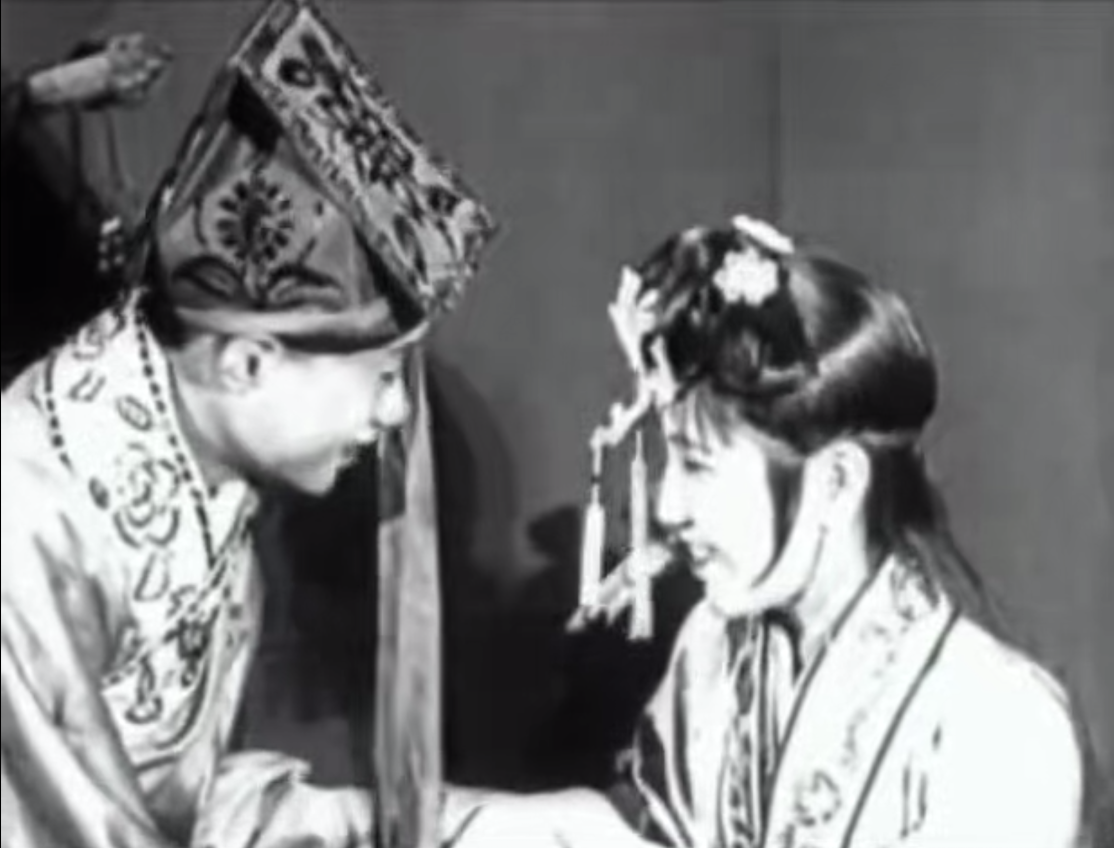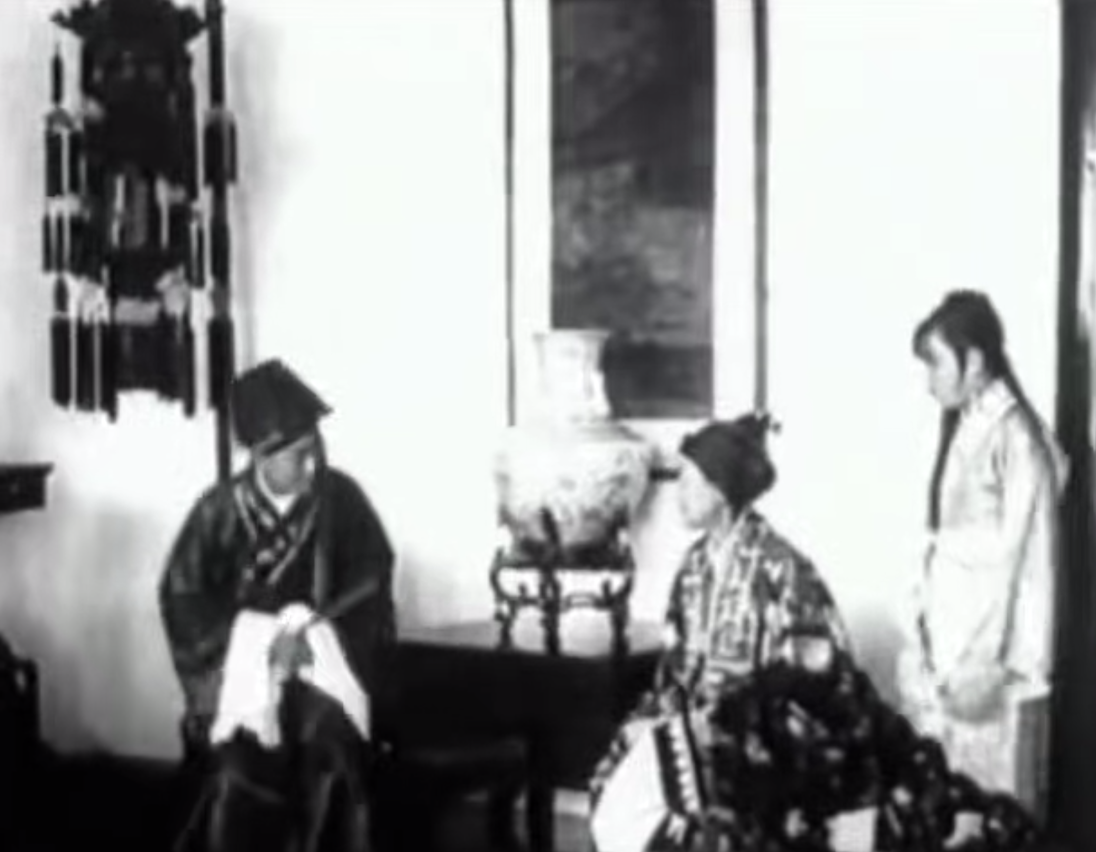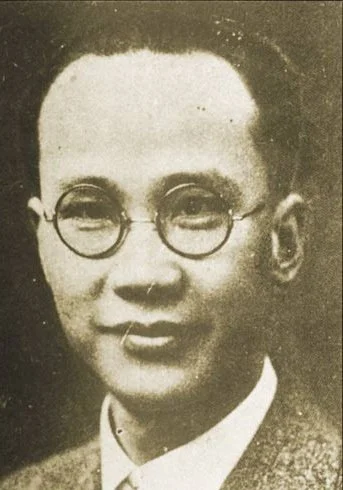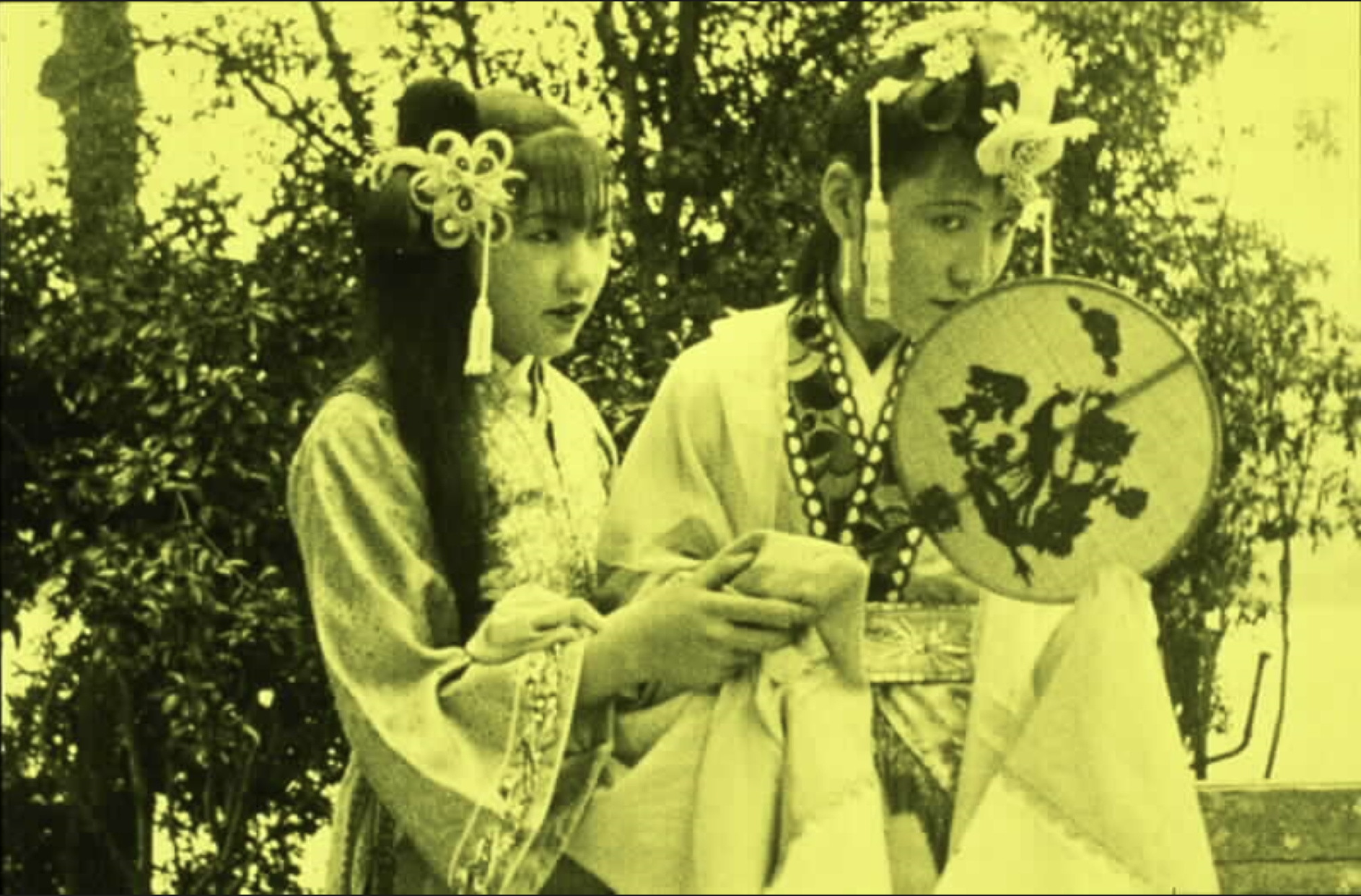
Xi Xiang Ji 西厢记 plus live music performance (Romance of the Western Chamber)
A world premiere of brand new MINT Creative Programme
Festival Gala
About the Gala
The screening of the Chinese silent film XI XIANG JI/Romance of the Western Chamber with live accompaniment – this year’s creative programme – will have its global premiere at the Festival Gala on the evening of 2 February 2024. Zhang Hua, a film history expert who is currently a professor at the School of Journalism and Communication of Southwest University and a visiting scholar at King’s College London, will deliver an introduction on the film on site.
MINT Creative Programme and the Festival Gala are the highlights of 2024 MINT CFF. The programme aims to establish a unique lab which integrates creative production and artistic collaboration. It is hoped that the lab can benefit female artists and curators in their experimental way of international collaboration, their exploration of new methods, and their sharing of experience, ideas, insights, expertise, passion, and creativity from diverse cultural perspectives. At the inaugural MINT CFF, the creative programme was the screening of The Cave of the Silken Web (Pan si dong, 1927) with live accompaniment by Deborah Shaw (stage name: Aurora Engine), a Scottland-based harpist and music composer. The programme received enthusiastic responses and were beloved by both local British and Chinese audiences. Commissioned by MINT CFF again, Deborah is making a fresh electronic music score for Romance of the Western Chamber (Xi xiang ji, 1927), a monumental Chinese silent film. Assisted by the lead curator Yixiang Shirley Lin in music score production, Deborah collaborates with Chinese sound recordists to gather diverse sounds from urban and natural landscapes of Beijing, Shanghai, Shandong, and Scottish cities.
About the film
The film is one of the many classical renditions of the play Romance of the Western Chamber which exemplified a Chinese classic genre of storytelling known as the scholar-meets-beauty romance (caizijiaren). This 1927 Minxin Film Company version emerged from a lineage of texts beginning in the ninth century. The film’s narrative, point of view, and gender stereotypes developed from the genealogy of antecedents. Demonstrating love’s ability to transcend social restrictions, this film possessed a timeless appeal, but it acquired a special currency and pliability during the early decades of the twentieth century when “feudal” attitudes towards marriage were being reassessed. The film originally was 90 minutes, but now it has only 42 minutes since the rest was lost. Reconstituted for the visual medium of silent films, the narrative’s striking swordplay and psychological dream sequences were accentuated by self-conscious references to the act of looking and moments of direct confrontation with spectators. These moments display the visibility, willing to rupture a self-enclosed fictional world for a chance to solicit the attention of spectators. Shadowing the social and political anxieties of early twentieth-century China, The Romance operates along the compelling conjuncture of richly descriptive literary texts and modern silent film technology(edited by Shiying Liu and Yixiang Lin).
Synopsis
As aspiring young scholar named Zhang Gong, en route to the capital for the civil service examination, makes an overnight stop at the scenic Pujiu Si (Temple of universal salvation) in Puzhou. There he spots the enigmatic young beauty Cui Yingying sequestered in mourning for her deceased father, a minister of state. Scholar Zhang is instantly enamoured of Yingying’s beauty but finds he must win the favour of her strict mother. In the face of numerous obstacles, the young couple initiates a passionate love affair aided solely by Yingying’s maid Hongniang. Only when Zhang saves Yingying’s life does her mother finally permit them to unite in marriage.
Languages
Traditional Chinese and French intertitles with English subtitles
Director, Hou Yao
Director’s bio
Hou Yao served as Great Wall Film Company’s principal scriptwriter for three years before going on to write and direct for Minxin Film Company. In 1932, he worked for the Beijing branch of Lianhua Film Company. In 1933, he made the film Dailao baishou (The Fool Pays Respects) for Zhenye Film Company. Thereafter, he stayed in Hong Kong and sustained himself through writing. Hou was a renowned versatile director in Hong Kong with many well-known films directed, numerous novels written some of which he adapted into films, a book on scriptwriting and directing techniques authored, and a news academy founded. In 1940, he moved to Singapore as the Shaw Brothers hired him to assist with making Malay films. Later he was killed by the Japanese army. Hou Yao’s plays about women’s issues contributed to a dynamic colloquy about the possibilities for women and the limits of social change during the early 1920s. His works include Qifu (The Abandoned Wife, 1922), Yichuan zhenzhu (A String of Pearls, 1925), Zhaixing zhi nv (The Woman Who Plucked Stars, 1925), and Fuhuo de meigui (Revived Rose, 1927).(edited by Shiying Liu)
About the performer:
Aurora Engine / Deborah Shaw is a composer, harpist and pianist based in Edinburgh. Fusing real instruments, voice and progressive electronica, her work encapsulates a singular and striking sonic landscape. Using collected sounds and inspiration drawn from the natural world such as birdsong, the tides and community voices, she sets out to create beguiling songs and compelling soundscapes. She collaborated with Mint Chinese Film Festival to deliver the Opening Gala: Pan Si Dong (1927) plus live music performance in Feb 2023.
Performing as Aurora Engine, she is due to release an album, funded by Creative Scotland in Feb 24.
Working as a film composer, Deborah has written 3 film scores over the last 2 years, ‘Down The Rabbit Hole’ (Available on Amazon Prime) for SPIRAL OUT PICTURES with and two other productions with HOT ACHES PRODUCTIONS and CINETOPIA.
Curators' Note
The curatorial idea of the 2024 Festival Gala is inspired by 西厢记 Xi xiang ji (1927) introduced in Senior Lecturer Dr Xuelei Huang’s course syllabus of Chinese Silent Cinema as well as relevant publicans. The new score will overturn the stereotypical image of women in feudal China. The combination of natural and electronic sounds will engage the audience’s senses, prompting them to question and reflect upon their connections with female characters in the film. The score will allow the audience to go beyond the conventional 21st-century film-watching experience with a completely different medium framework. (Curator, Yixiang Shirley Lin)
Musician's Notes
Imagine two lands, continents apart brought together sonically. Deborah hopes to merge different regional cultures through different sounds, extending the vision of MINT CFF which is to foster the transnational female cooperation and cultural exchange. (Performer, Deborah Shaw)
